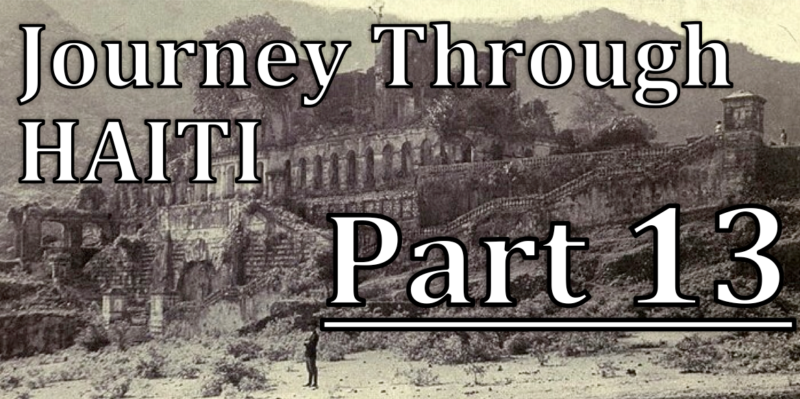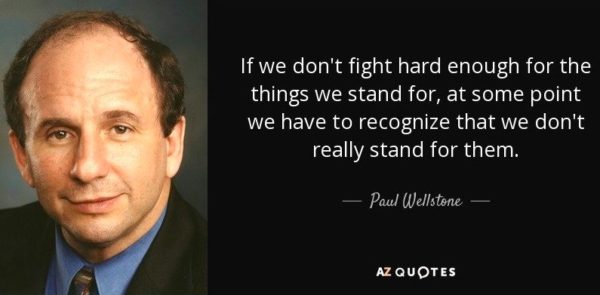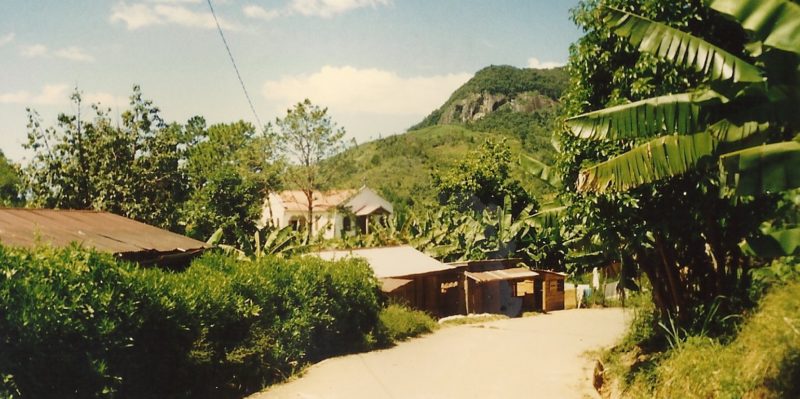I returned to the orphanage after four days on the road. When I got there, there wasn’t any electricity, as is usually the case throughout Haiti, but what I really wanted was just a shower. However, there wasn’t any water because the tank up on the roof was empty and the orphanage had run out of gas to run their generator to pump more water from the well.
That’s when I decided to start planning my final departure from Port au Prince. There were many different things going through my mind. 1) No electricity = no using my tablet or my cell phone, both of which had been out of juice for days = no blogging; but why did it even matter if I were writing these blogs anyway. 2) The Grateful Dead’s song Truckin’: “You’re sick of hangin’ around and you’d like to travel. Get tired of travelin’ and you want to settle down.” 3) Cap Haitian is supposed to be a nice resort area on the north coast where cruise ships stop, there is a zip line and all sorts of tourist amenities. It’s an isolated place where tourists can do Haiti without getting their senses distorted. 4) Haiti is expensive, Cap Haitian is even more expensive. Is escaping Haiti my only motivation for possibly going to Cap Haitian? 5) What can I gain from sticking around Port au Prince? 6) But at what opportunity cost? 7) At what risk to my health? All this riding around on the motorcycle hasn’t helped my eyes get to a full recovery, and there is a congested deep cough that’s been kind of lingering between something I could ignore and something that maybe I should take note of. 8) I need to be in the Dominican Republic in two weeks to meet my wife and son anyway, why not head over sooner. Certainly the contrast of the DR, which shares an island with Haiti, can continue to provide insights into Haiti. 9) Both Cap Haitian and Port au Prince are places to catch a bus to the DR. The bus from Cap Haitian goes to Santiago via the north entry point (my family is flying into Santiago). The bus that departs from Port au Prince goes to the Dominican capitol, Santo Domingo.
Wanting the basics of water and electricity and not having them, and being back in Port au Prince, the den of disorder, chaos and disease; together, those things made me ready to use my position of privilege and abundance to ditch this place and treat myself to civilization. Yes, there are some harbors of civility in Petionville, but they are only found in little protected pockets. And even in these pockets, you are always aware of the difference between the “in here” and the “out there.” I would say that this awareness prevents one from really ever feeling at peace. I want to be in a place where I can say “I feel at peace out here.”
Well, later that evening, the orphanage eventually got the gas they needed to run the generator and I could go fill a bucket of water and take my long anticipated shower. After talking with some Haitians, I learned more about my options. The buses to Cap Haitian are, well, Haitian busses. They come here from other countries to die. They can be old yellow school buses with the doors broken off. If you can’t find space on one of those, there are the big cargo truck buses too. They both leave from downtown, just on the edge Cite Soleil.
The buses that cross the boarder into the DR are new modern coaches with air conditioning, free lunch, TVs that show movies. The ones that departs from Port au Prince to the DR leave from nice bus stations right next door to the United States embassy and the United Nations headquarters.
Both trips, to Cap Haitian or to Santo Domingo, would take the better part of the day, but the trip up to Cap Haitian takes a little longer, not to mention more crowded, hotter, sweatier, and dustier. When I went to bed that night, I knew I would be leaving Port au Prince the next morning, but I really didn’t know whether I would stay in Haiti or leave. In either case, I would need to get up before sunrise to get the best chance of getting a seat no matter what destination I would choose.
When my alarm went off the next morning, I grabbed my backpack and found a motorcycle taxi man and told him, “Take me to the American embassy.” The last time I had used that phrase was sixteen years ago in Antananorivo, the capital city of Madagascar. I had just arrived and had taken a taxi downtown to see it for the first time, but then it started getting dark and dangerous. People were literally climbing out of the sewers and it was time for me to get to safety, but I couldn’t remember how to pronounce the location of where I was staying well enough to communicate it in a way any of the taxi drivers could understand. Its been a useful phase for me.
The factor that tipped the scale to taking the nice bus to Santo Domingo rather than the shitty bus to Cap Haitian was the condition of my health. My eyes really needed several more days of clean air to fully kick this infection and inflammation. I was going to use my special “I’m privileged” card and leave the country. Well, that was the plan at least.
I arrived at the bus station before the ticket window opened. Unlike the buses to Cap Haitian, that use the main national highway to park and line-up over a three block section where traffic is so snarled its quicker to walk, the bus station for Caribe bus lines has its own gated facility, nicely landscaped, and a concession stand where the lady can put your cheesy pocket into the microwave to heat it up for you. On the wall of Caribe’s bus terminal, hangs a picture of Barack Obama with a quote that reads “Our destiny is not written for us, but by us.” At the other bus station downtown in the streets, lays a picture of a failed state with a message that reads “Your destiny has already been written for you, so don’t even try.”
When the ticket window opened the lady checked my passport, took my money and handed me a ticket for seat 17A, next to the window. My backpack rode underneath in the luggage compartment. As we headed east, the land was dry and barren. We come to Lake Azuei, Haiti’s largest lake just before the border crossing. The road is squeezed up tight along a hill on one side with water brushing up to the edge of the other side. Dead trees can be seen protruding from the lake along parts of the shoreline. The story here is that this lake has grown over 12% in the last five years, flooding farms and villages. In some places the lake’s shore has shifted out over two miles. Environmental degradation and loss of trees and other vegetation on Haiti’s landscape means rain water is no longer provided a sufficient opportunity to soak into the ground and instead, it flows along the surface into the lake. I saw numerous UN dump trucks bringing in new loads of gravel to maintain the road.
Further along the road, the hill along the road is cut way back as other dump trucks carryout loads of sand for concrete back to Port au Prince. These trucks back-up against the edge of the cut in the hillside that extends over 160 feet almost straight up. At one spot, a big digger was broken just off the side of the road. But who needs diggers. Men with shovels are loading the dump trucks. Further up the hill above these men, are more men with shovels scooping the sand down the hill. And above those men are yet more men creating a fireman’s brigade of men shoveling the sandy hillside down to the men filling the trucks below.
As we approached the boarder, lots of men start running along side the bus yelling at the bus driver. We come to a stop when a bus company employee gets off and two of the yelling men were let on the bus and the rest were shut out. I then learned that they are money exchangers who are permitted to enter to provide a service to any passengers who want to exchange their U.S. dollars or Haitian gourdes for Dominican pesos. We waited for a bit, parked behind a semi before the bus employee got back on and we continued on along the road. At this point, the bus employee, who had gotten off and back on again, starts handing everybody their passport. But not to me because I had put mine in my pocket after the lady at the ticket window, back in Port au Prince, had given it back to me along with my bus ticket. When all the passports were being handed out, I figured that since I’m not Haitian, and therefore don’t need a visa to enter the Dominican Republic, there are different procedures somehow in this process.
About a mile down the road we reach a chain link fence. The money men are let off and a gate is opened just wide enough for our bus to pass through. Numerous trucks are parked here, lots of people milling around, a cluster of shacks line the side, then another gate is opened and we are in the Dominican Republic and we pull up to a plaza where there are different customer windows on the side of a building to process the custom entry procedures.
The first thing I notice looking out the window of seat 17A is the baseball hats people were wearing: the Yankees, A’s, Dodgers, Rangers, Oriels, Cubs, but not any Brewer’s hats.
We all got off the bus to get our passports stamped, but when I reached the window, I was told they couldn’t accept mine because it didn’t have a Haitian exit stamp. Really? The Dominican customs agent is telling me I need an exit stamp from the same Haitian government that let me walk right into their country without even giving me the option of having my luggage inspected or asking if I had anything to declare? The Caribe bus line lady is asking why I never gave her my passport and I’m saying “You never asked.”
So there I am, in the Dominican Republic, a mile walk back to the Haitian customs building and everybody is now back on the bus and I’m just thinking “Why don’t I just skip the Dominican stamp too, get on the bus and we will all be on our merry way to Santo Domingo? Its not like anybody is paying attention.”
And if you want to know what happens next, you’ll have to read my next blog entry…
“Some times the lights all shinin’ on me; other times I can barely see; lately its occurred to me… what a long, strange trip its been.” ~ Grateful Dead: Truckin’




